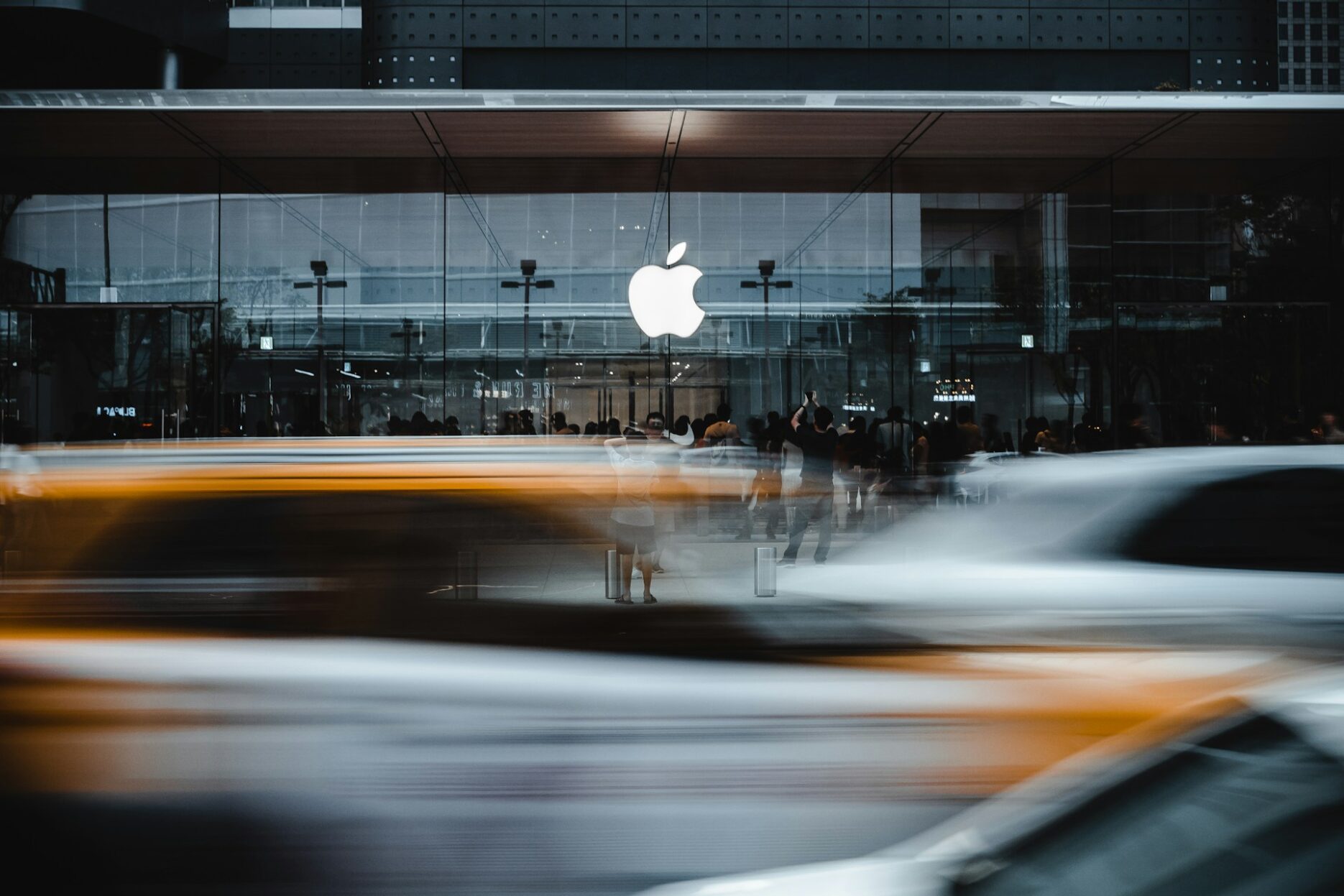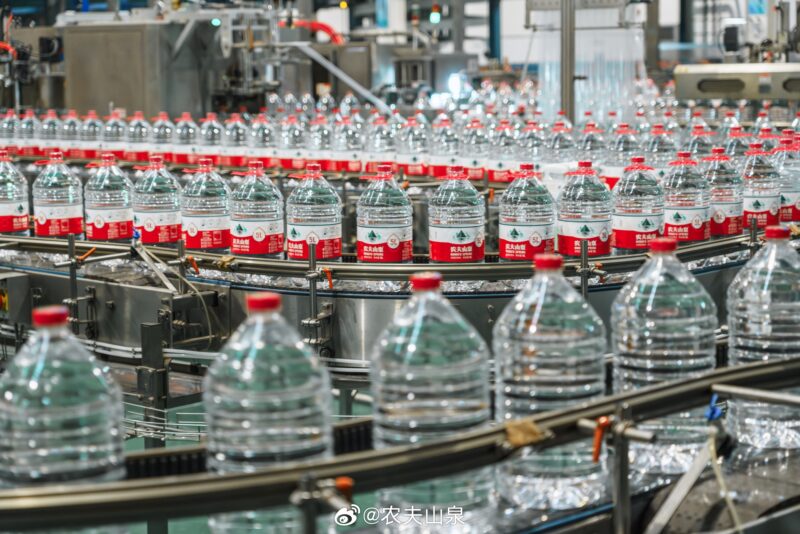The American tech giant Apple is stepping up its research and development capacity in China after its recent product launches fell far short of consumers’ expectations.
The company’s existing lab in Shanghai will be expanded and a new centre will be opened in Shenzhen later this year with a focus on testing the iPad, iPhone, and Vision Pro and providing stronger support for local R&D personnel, who have reportedly doubled in the past five years. A new Shanghai store will also be added on top of the existing seven stores in the commercial hub later this month.
“We have already invested 1 billion RMB (139.4 million USD) into an applied research lab in China. And with the new expansion plan, our investment will continue growing,” Isabel Ge Mahe, vice-president and managing director of Apple Greater China, told China Daily in a report published on March 12. “We choose to have the two applied research labs in China because of the country’s manufacturing prowess and local suppliers’ strong presence,” Ge added.
The announcement follows news last week that iPhone sales fell 24% in China over the first six weeks of 2024, whilst sales of its biggest domestic rival Huawei soared 64%. Lack of innovation has been the main issue, with Chinese consumers struggling to justify the iPhone 15’s hefty price tag against any actual functional upgrades. Apple has already tried aggressively slashing prices, a rare move that highlights the extent of the pressure they face in the market.
Many popular Chinese smartphone brands like vivo, OPPO, and Xiaomi are much cheaper than the iPhone and, in some cases, perform just as well. Meanwhile, Huawei has cemented its status both as a global innovator and as a symbol of national power after developing a 5G chip without US equipment. This comeback in the face of geopolitical tensions has made the brand practically irresistible to domestic consumers, who have already moved toward favouring domestic brands for high-tech in recent years.









